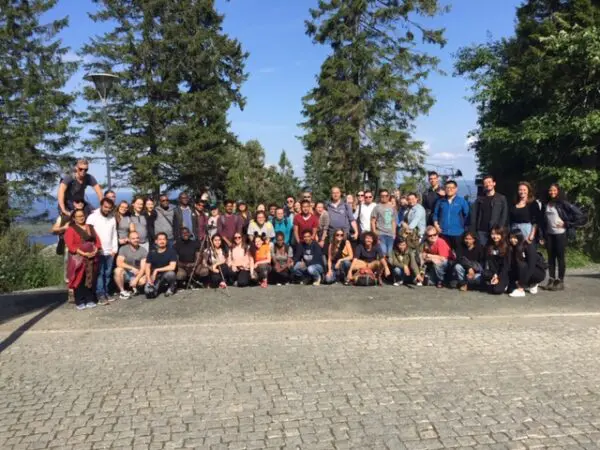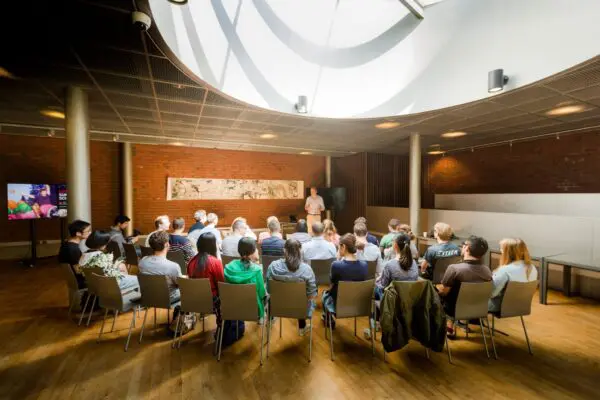
Joensuu, Finland
Summer Seminar of Environmental Modeling
When:
11 August - 15 August 2025
Credits:
2 EC
Read more
Environmental Studies
When:
22 July - 27 July 2024
School:
Institution:
Central European University
City:
Country:
Language:
English
Credits:
1 EC
Fee:
360 EUR

The climate crisis requires changes to the major systems that cause climate change (energy and agriculture) and those that need to adapt (agriculture and water). This course provides a larger picture of the challenges within and between the systems.
The aim of the course is to equip emerging leaders with knowledge and experience to assist in framing the interlinked challenges for a more sustainable energy and agricultural transition. The target audience is emerging leaders in policy, NGOs, and business. This includes academia, think tanks, policy research centers, non-governmental organizations focused on social and environmental issues, and energy and agricultural businesses. Course content will inform the work of actors and activists in alternative food and energy networks, supplementing their knowledge of transition movements with an in-depth analysis of the nexus between agriculture, water, and energy systems.
The course will include interactive discussions, group assignments, consultation sessions, podcast recording, and field trips.
Michael LaBelle, Department of Environmental Sciences and Policy and Department of Economics and Business, Central European University, Vienna, Austria
We invite applications from young and advanced scholars in established fields of energy and food, mid-level analysts, and managers of firms and policy think tanks. Applications from advanced undergraduate students who have adequate prior study or engagement experience on the subject and make a compelling case in their application/statement of interest will also be considered.
The aim is to educate a group of leaders who can prompt others to think of the interconnections and facilitate change in their everyday work. The course takes a global focus by drawing on expert instructors from Europe, the Middle East, and Africa. The classroom discussions will be global and regional in scope, covering examples from a diverse set of countries and regions. Some central features of this course are:
Playing the global Nexus Game, Ghada Amin, Regional Technical Advisor Middle East North Africa MENA Dialogue, German Agency for International Cooperation GmbH
Acting on political priorities in Africa, Feliz Mulhovo, Tony Blair Institute for Global Change
Reforming the EU’s Single Energy Market, Alberto Pototschnig, former ACER director
Energy communities and a just energy transition, Rachel Guyet, Centre International de Formation Européenne (CIFE, Nice, France), and CERI-Sciences Po, Dijon, France
The fragility of food systems, Tim Betton, Chatham House
Fee
360 EUR, payable until May 28
When:
22 July - 27 July 2024
School:
Institution:
Central European University
Language:
English
Credits:
1 EC

Joensuu, Finland
When:
11 August - 15 August 2025
Credits:
2 EC
Read more

Lappeenranta, Finland
When:
28 July - 01 August 2025
Credits:
3 EC
Read more

Madrid, Spain
When:
14 July - 25 July 2025
Credits:
3 EC
Read more